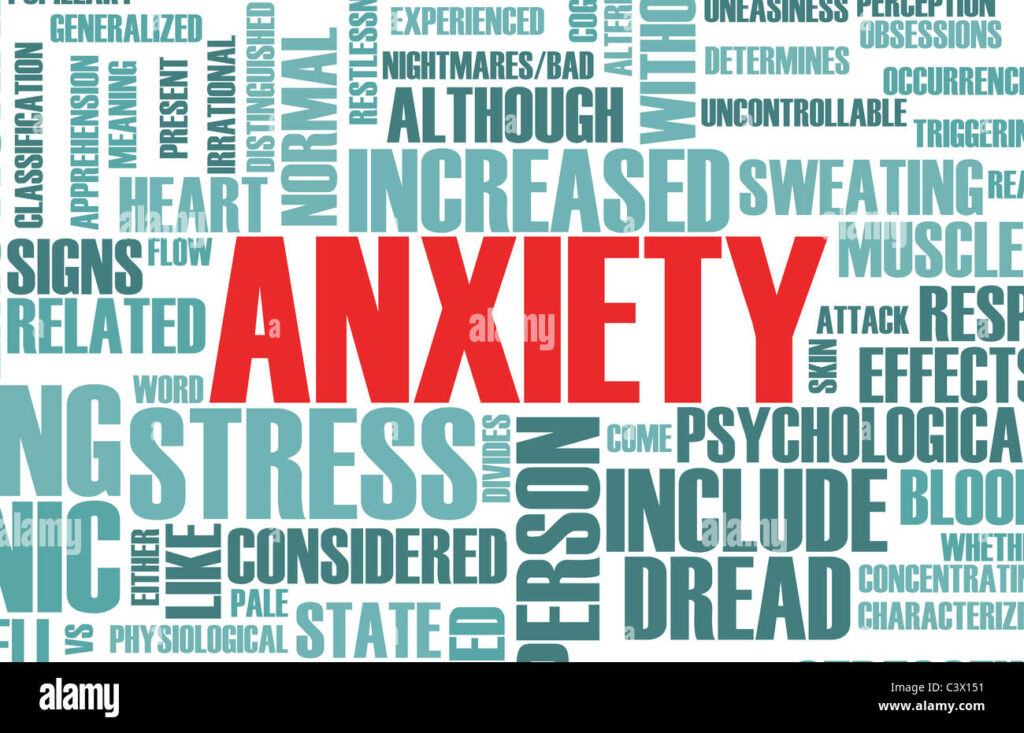AI-Assisted Techniques for Managing Anxiety and Stress
Artificial intelligence (AI) is rapidly transforming the landscape of mental health support, offering new and innovative ways to manage anxiety and stress. Through smart algorithms, personalized insights, and real-time emotional tracking, AI-powered tools have become essential companions in maintaining psychological balance. From guided relaxation programs to intelligent chatbots, these technologies are helping millions regain control of their emotional wellbeing in an increasingly stressful world.
How AI Understands Anxiety and Stress
AI systems can process enormous amounts of data—from speech patterns and heart rate to facial expressions and written text—to detect subtle signs of emotional distress. Using machine learning, these systems recognize behavioral patterns that correlate with anxiety or stress. For instance, a change in voice tone or an increase in negative language may indicate rising anxiety levels. By continuously learning from user interactions, AI tools can deliver timely support before the symptoms worsen.
AI-Powered Mindfulness and Meditation Tools
Mindfulness and meditation have long been proven to reduce anxiety and stress, and AI is enhancing these practices with personalization. Apps such as Headspace and Calm now use AI algorithms to adapt meditation sessions based on individual moods and progress. These tools can analyze your sleep data, emotional inputs, and daily activity to recommend meditation techniques that fit your needs. Some even adjust the length and intensity of sessions, ensuring a more effective relaxation experience.
Therapy Chatbots for Immediate Support
AI-driven chatbots are becoming a trusted resource for emotional support. Tools like Wysa, Woebot, and Youper use natural language processing to simulate empathetic conversations. They help users process negative thoughts, guide them through breathing or grounding exercises, and offer encouragement during stressful moments. These chatbots are available 24/7, providing consistent emotional support without judgment or delay. By combining therapeutic frameworks like cognitive behavioral therapy (CBT) with adaptive AI responses, they empower users to manage anxiety independently.
Biofeedback and Wearable AI Devices
Wearable technology has taken stress management to a new level. Devices like Fitbit, Apple Watch, and Muse use AI to monitor physiological signals such as heart rate variability, sleep quality, and breathing patterns. When stress indicators rise, these devices can alert the user and recommend actions—like deep breathing, short breaks, or guided relaxation exercises. Over time, the AI learns what strategies work best for each person, helping users prevent burnout and maintain calm more effectively.
AI-Driven Cognitive Behavioral Therapy (CBT) Tools
Cognitive Behavioral Therapy is one of the most effective techniques for managing anxiety and stress. AI has made CBT more accessible through digital platforms that replicate core therapeutic exercises. Apps like Moodfit and MindDoc use AI to track users’ thoughts, identify triggers, and provide customized exercises to reshape negative thinking patterns. Some platforms even integrate journaling features, where the AI analyzes text to detect emotional trends and suggest coping mechanisms. This fusion of CBT and AI makes mental wellness more attainable for people who can’t access in-person therapy.
Personalized Stress Management Through Predictive Analytics
One of the most powerful advantages of AI is predictive analysis. By studying behavioral and emotional data, AI tools can forecast periods of high stress and recommend preventive measures. For example, if your activity levels drop, sleep quality decreases, and message sentiment turns negative, the system can alert you and suggest mindfulness or relaxation routines before stress escalates. This proactive approach turns AI from a passive tool into an intelligent mental wellness partner.
AI in Workplace Stress Reduction
Organizations are now adopting AI-driven mental health platforms to monitor and support employee wellbeing. Tools like Humu and Ginger analyze anonymous data to identify collective stress patterns in teams and suggest actionable improvements. These systems can recommend rest breaks, healthier workloads, or stress-relief programs, promoting a balanced and productive work environment. AI also helps HR departments detect early burnout risks and offer support resources before serious issues arise.
Challenges and Ethical Considerations
Despite its promise, AI in stress management must be used responsibly. Data privacy remains a major concern, as emotional data is deeply personal. Developers must ensure secure storage, encryption, and transparency in how data is used. Moreover, while AI can provide excellent guidance, it cannot replace professional therapy in severe cases of anxiety or mental illness. Human empathy and professional judgment remain irreplaceable.
The Future of AI-Assisted Stress Relief
As AI continues to evolve, future tools may become even more intuitive and emotionally aware. Emerging technologies like emotion-recognition cameras, brain-computer interfaces, and personalized neural feedback could revolutionize how we detect and manage stress. The goal is to create systems that understand users as unique individuals and provide continuous, compassionate support.

Conclusion
AI-assisted techniques are redefining how we handle anxiety and stress in our daily lives. From smart chatbots and wearables to personalized mindfulness apps, artificial intelligence empowers us to take proactive control of our mental wellbeing. While not a replacement for human care, these tools serve as valuable companions—helping individuals recognize emotional triggers, stay mindful, and recover from stress more efficiently. With continued innovation, AI will remain a powerful ally in creating a calmer, healthier future.
